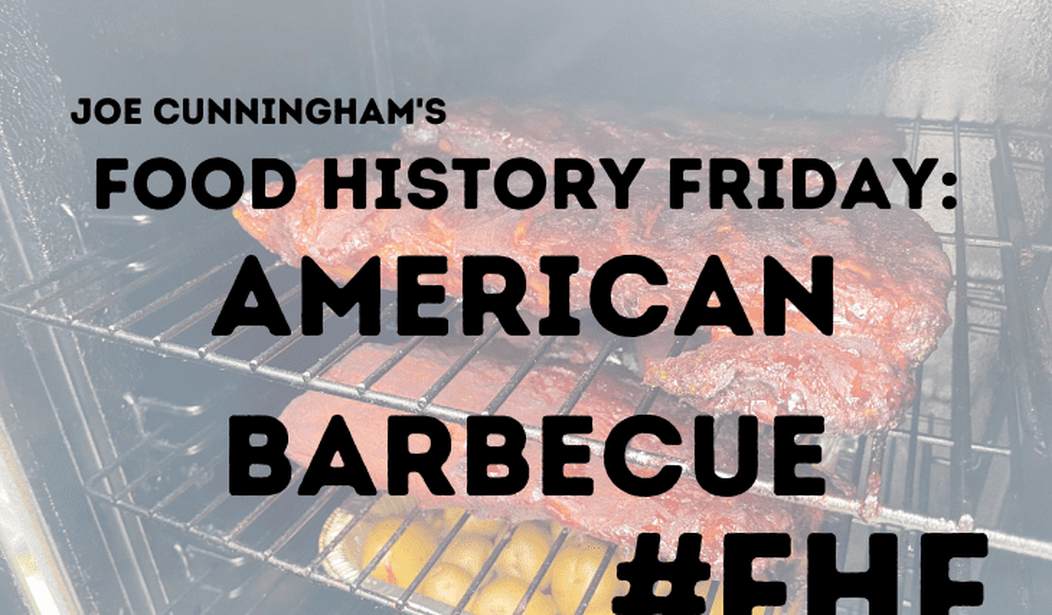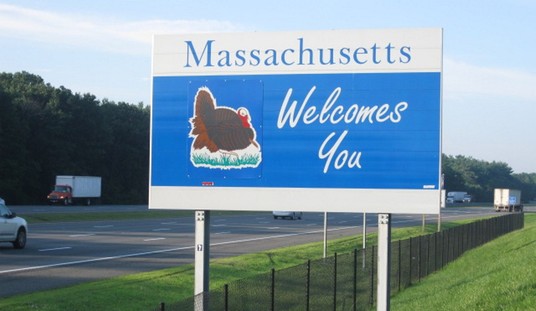In last week’s column, we got barbecue into the British colonies via Virginia. However, when we think of barbecue culture in the United States, we don’t often think of Virginia. Instead, we go south a bit to the Carolinas for some of the most iconic barbecue in the country.
In the Carolinas, pork is king and that’s in no small part because of the success in breeding pigs in the colonies. As I mentioned last week:
Slowly, the tradition of barbecue established itself in Virginia for one really big reason: pigs. This particularly hearty livestock was easy to raise and grow, having arrived in Jamestown as early as 1607 and ballooning to a massive number in just a few years. Because of all this, they were a very easy source of meat for the colonists, and they became the ideal protein for the young settlements. With the barbacoa style in hand, they would soon learn to perfect this smoked and roasted form of cooking.
In the Carolinas, the slow-roasting of pork has been elevated to an art form. In North Carolina, there are a few variations to the style, and God help you if you say any of them are representative of North Carolina barbecue as a whole (more on that discussion later). Eastern North Carolina style is all about whole-hog barbecue. A big pit is built and the pig is slow-roasted with heat and smoke until it’s easy to shred and pick apart. The “sauce,” in as much as you can call it that, is typically a vinegar-based marinade basted over the pig through the roasting process. Lexington style focuses on pork shoulder and a sauce with red pepper and other spices, very thin and vinegar-based with some tomato.
South Carolina barbecue is likewise pork-based, but utilizing a yellow sauce derived from yellow mustard, spices, brown sugar, and vinegar — known as Carolina Gold sauce. And it’s delicious.
The tradition of the barbecue entered the Carolinas through Virginia, but often lacked the elegance of the Virginian events, which were hosted by and for wealthier men. In the Carolinas, they were more community- and family-driven, but like Virginia, they were also popular around election time. In the 1820s, election time meant ads in newspapers for multiple barbecues a week, each celebrating different candidates. Even Davy Crockett, running for office in Tennessee, gave a stump speech at one.
As barbecue evolved in the Carolinas, so did the politics around them.
In 2020, a guy named Cal Cunningham (no relation) posted a picture of himself on Twitter next to a propane grill that clearly wasn’t turned on, next to a plate of empty hot dog and hamburger buns. The caption for the photo was something about Cunningham’s love of barbecue. This wouldn’t mean anything except he was running for the U.S. Senate in North Carolina. Most people remember Cunningham’s campaign because of his affair with a military veteran’s wife. Often, his loss gets attributed to that scandal. But, I have maintained that the barbecue picture was not only the greater scandal but had the greater impact.
See, barbecue in the Carolinas, particularly in North Carolina, is very, very important in the political scene.
When a North Carolina secretary of state, Rufus Edmisten, ran for governor in 1984, he got in trouble with an offhand remark. “I’d be eating barbecue three times a day for a solid year,” he later recalled, “and I got up one night and, in a very, very lax moment — the devil made me do it — I made a horrible statement. I said, ‘I’m through with barbecue.’ Well, you would have thought I had made a speech against my mother, against apple pie, cherry pie, the whole mess.” He lost the election to a Republican (only the second one to be elected since Reconstruction).
When Elizabeth Dole and Erskine Bowles were contending for the Senate in 2002, they were asked if they preferred the vinegar-and-cayenne sauces of eastern North Carolina or the sauces of the Piedmont, which add a touch of ketchup. Ms. Dole spoke for the style of her native Piedmont, but Mr. Bowles (who had criticized Ms. Dole for ducking tough issues) wouldn’t say which he preferred — and he lost.
Michelle Obama made a tragic political mistake, one that she was mocked thoroughly for, when she talked about how great barbecue in Charlotte was (even Charlotte’s mayor would later admit that great barbecue is “brought in on trucks”). It’s possible that Rick Perry’s race for President in 2012 was ended by a remark he made about North Carolina barbecue in the 90s (saying “roadkill tasted better”), as a scathing column in the Charlotte Examiner said he was “unfit to be President” over the remark.
It’s quite possible that barbecue is the most political food in the country, and North Carolina is the most hyperpartisan of the regions of barbecue we have*.
In North Carolina, the first barbecue restaurant is likely the one established by Bob Melton in the 1920s. Located just off U.S. Highway 301, the business there boomed until it closed in 2005. In Rocky Mount, Adam Scott sold barbecue in the early North Carolina fashion, selling barbecue sandwiches (with shredded pork). Many of these early barbecue restaurants started what is now known as the eastern North Carolina style mentioned above.
Also in the 1920s, barbecue in the Piedmont area began circulating. As mentioned above, this was a different barbecue tradition than the eastern style. It focused on pork shoulder and a thicker sauce, and the resulting cooked meat was juicier.
In South Carolina, the barbecue establishment tradition begins in the late 1800s, with advertisements offering barbecue sold by the pound. Eventually, in the 1920s, restaurants in this region began opening, with a focus on pork slathered in the Carolina Gold sauce.
Chances are this mustard-based sauce has its historical roots in German ancestors who came to America. Mustard is a heavily used condiment among Germans and their descendants, many of whom came to American and stayed here. Those same Germans would take their love of sausage-making and mustard to Texas, where central Texas barbecue utilizes both. However, when it comes to Texas, beef is king.
—————-
*Ted Cruz, upon running for President in 2024, would be best served not discussing barbecue at all, because if he prefers sauce and pork-based barbecue, Texas would disavow him. Likewise, if he claims Texas brisket and smoked sausage as his preference, the chances of taking the Carolinas are roughly zero.












